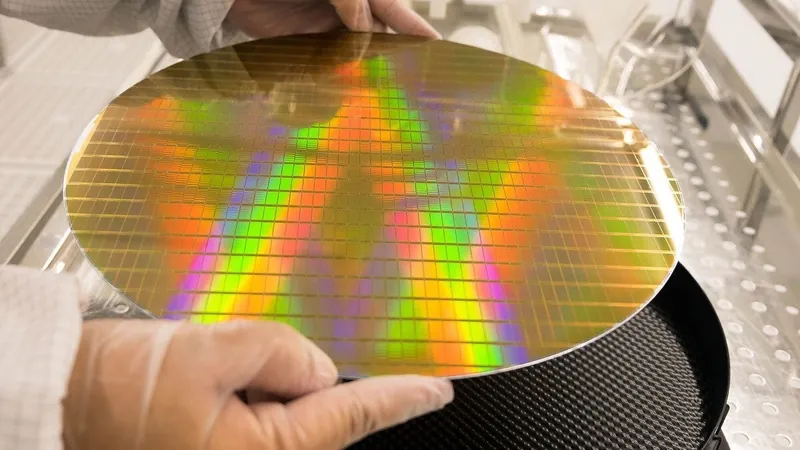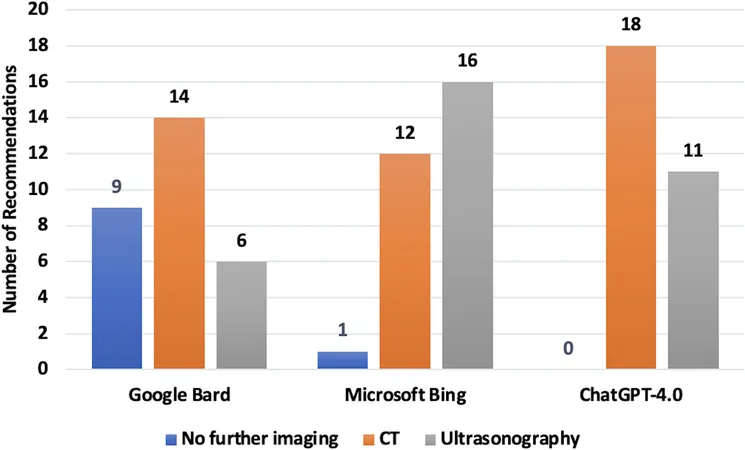
Brace Yourself: Samsung Faces Potential Price Surge for Galaxy S25 and S26 Series!
2024-12-31
Author: Charlotte
As anticipation builds for the Galaxy S25 flagship series set to debut next month, unsettling news is emerging regarding its pricing. Reports suggest that Qualcomm, the manufacturer of the Snapdragon 8 Elite application processor (AP) that will power the Galaxy S25 phones, is anticipated to charge as much as $190 for each unit of this cutting-edge chip. This significant cost could inevitably lead to higher retail prices for Samsung's latest models.
This Snapdragon AP will be a game-changer as it will be the first chip produced using TSMC's advanced 3nm process node. However, there’s added speculation that TSMC might also increase its production costs by 10% next year, largely driven by the soaring demand for AI-related technologies. As a result, if these costs pass down to consumers, those eagerly awaiting the Galaxy S25 could be left with lighter wallets.
Samsung usually relies on its proprietary Exynos 2500 chipset, especially for models sold outside major markets like the U.S., Canada, and China. Unfortunately, issues have plagued Samsung Foundry’s output, with yields for the 3nm chip reported to be alarmingly low, hovering between 20% to 30%—far below the optimal 70% needed for efficient mass production. This low yield means that Samsung simply won’t be able to use the Exynos 2500 for the Galaxy S25 series this year, although the company is hopeful to deploy it for future models like the Galaxy Z Flip 7.
Instead, all Galaxy S25 devices are expected to feature the powerful Snapdragon 8 Elite. This cutting-edge processor boasts impressive specs with two Prime Cores ramping up to 4.32GHz and six Performance Cores hitting speeds of 3.53GHz—no efficiency cores here, marking a notable trend established by MediaTek with its Dimensity chips.
Looking further ahead, Samsung is already grappling with the potential pricing challenges for the Galaxy S26 series in 2026, especially if similar yield issues arise with the Exynos 2600 chip. The company's desire to utilize its internal chipset rather than relying on TSMC is commendable, but the reality of ongoing low yields raises serious doubts. Remember, past issues with the 4nm fabrication process forced Qualcomm to shift production of its Snapdragon 8 Gen 1 chipset to TSMC, leading to the refined Snapdragon 8+ Gen 1.
With all these variables at play, consumers may soon need to brace themselves for price hikes on the highly-anticipated Galaxy S25 and S26 series. As technology continues to evolve, will Samsung maintain its competitive edge, or will we see a shift in consumer loyalty driven by pricing? Only time will tell!









 Brasil (PT)
Brasil (PT)
 Canada (EN)
Canada (EN)
 Chile (ES)
Chile (ES)
 Česko (CS)
Česko (CS)
 대한민국 (KO)
대한민국 (KO)
 España (ES)
España (ES)
 France (FR)
France (FR)
 Hong Kong (EN)
Hong Kong (EN)
 Italia (IT)
Italia (IT)
 日本 (JA)
日本 (JA)
 Magyarország (HU)
Magyarország (HU)
 Norge (NO)
Norge (NO)
 Polska (PL)
Polska (PL)
 Schweiz (DE)
Schweiz (DE)
 Singapore (EN)
Singapore (EN)
 Sverige (SV)
Sverige (SV)
 Suomi (FI)
Suomi (FI)
 Türkiye (TR)
Türkiye (TR)
 الإمارات العربية المتحدة (AR)
الإمارات العربية المتحدة (AR)